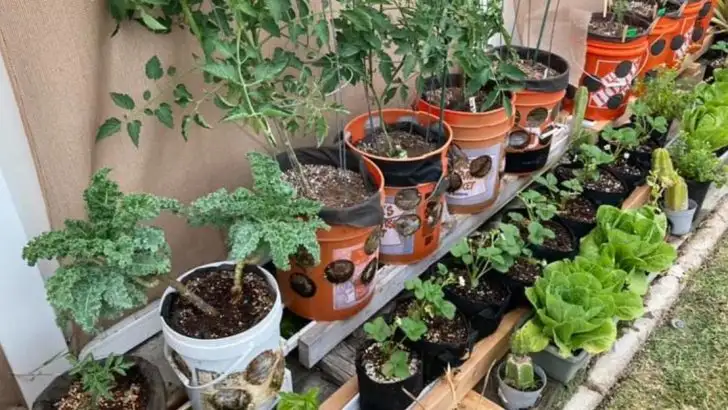When working with limited space, small gardens require extra care and attention to ensure they flourish. Whether you’re a beginner or a seasoned gardener, there are certain mistakes you’ll want to avoid at all costs to maximize your space and create a beautiful, functional outdoor area.
From overplanting, blocking natural light, to failing to choose the right plants for small spaces, every misstep can lead to wasted space, poor growth, and a cluttered appearance.
In this article, we’ll cover 13 common mistakes that can stunt your garden’s potential and provide practical tips on how to avoid them, ensuring your small garden stays as stunning as it is efficient. Whether you’re gardening on a balcony, patio, or in a cozy backyard, these tips will help you make the most of your space!
Overcrowd with Plants
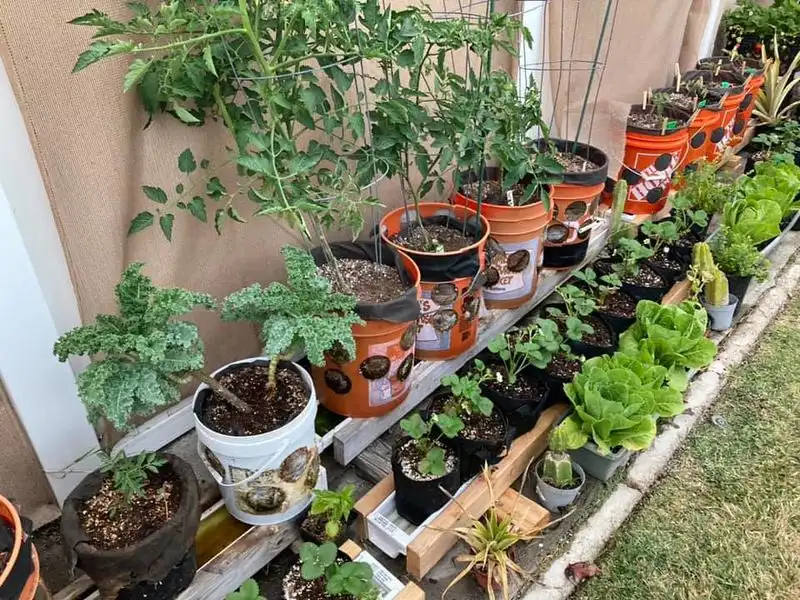
Packing your garden with too many plants can lead to competition for resources. Each plant needs its space to grow, so overcrowding can inhibit their development. A dense planting can also invite pests and diseases by reducing air circulation. Choose fewer, well-suited plants for better growth. This allows each plant to shine, creating a garden that’s both beautiful and manageable. Think about the mature size of plants when planning, so they don’t overrun the space.
Ignore Sunlight Requirements
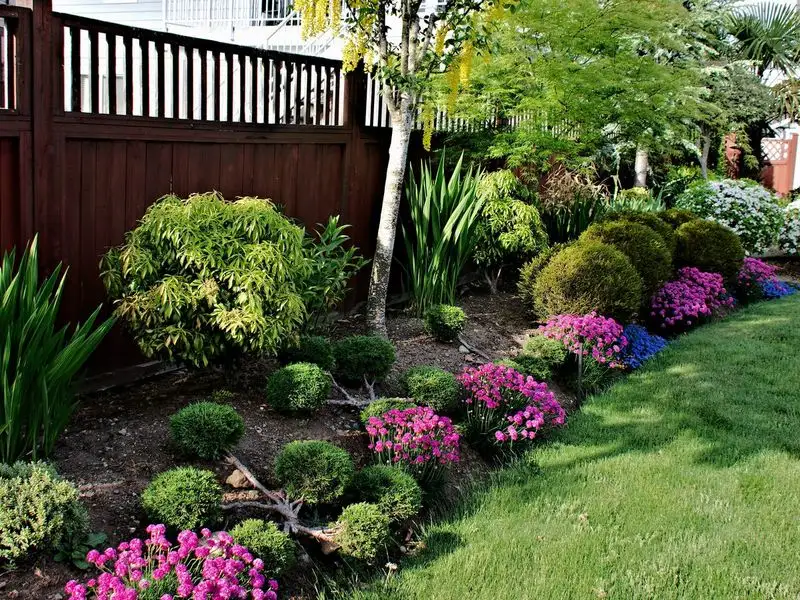
Different plants have varying sunlight needs, and ignoring these can lead to poor growth or even plant death. Ensure you understand the light requirements of each plant and place them accordingly. Some thrive in full sun, others prefer partial shade. Observing your garden throughout the day will help you identify sunny and shady spots. Tailor your plant selection based on these observations, optimizing each plant’s growth potential.
Neglect Soil Quality
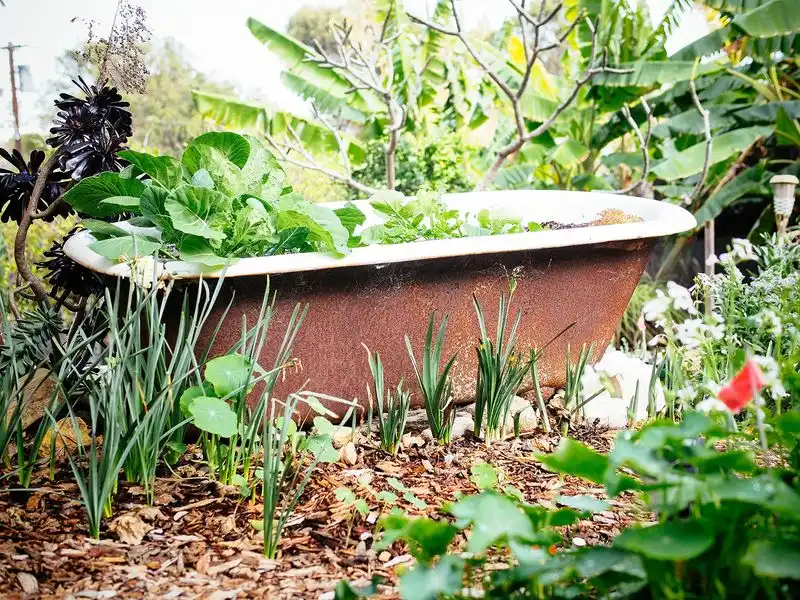
Good soil is the foundation of a thriving garden. Neglecting soil quality can lead to poor plant health and growth. Regularly check the pH and nutrient levels, and amend the soil as needed. Adding organic matter like compost can improve soil structure and fertility. Healthy soil ensures robust plant growth and resilience against pests. Don’t underestimate the power of good soil in your garden’s success.
Choose Invasive Species
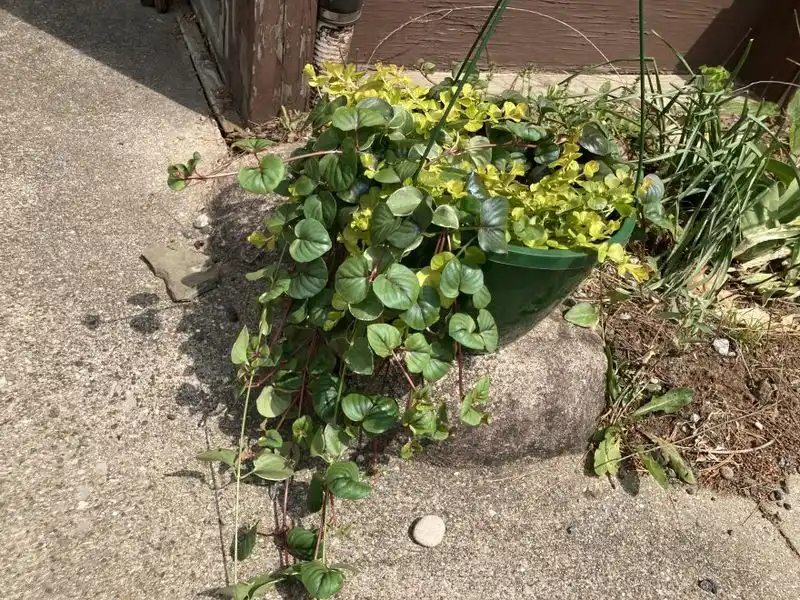
Invasive plants can quickly take over a small garden, crowding out other plants and disrupting the ecosystem. These species spread aggressively, often outcompeting native plants for resources. Research before introducing new plants to your garden. Opt for native or well-behaved non-native species that complement your garden without overwhelming it. This approach helps maintain balance and biodiversity in your garden.
Forget Vertical Space
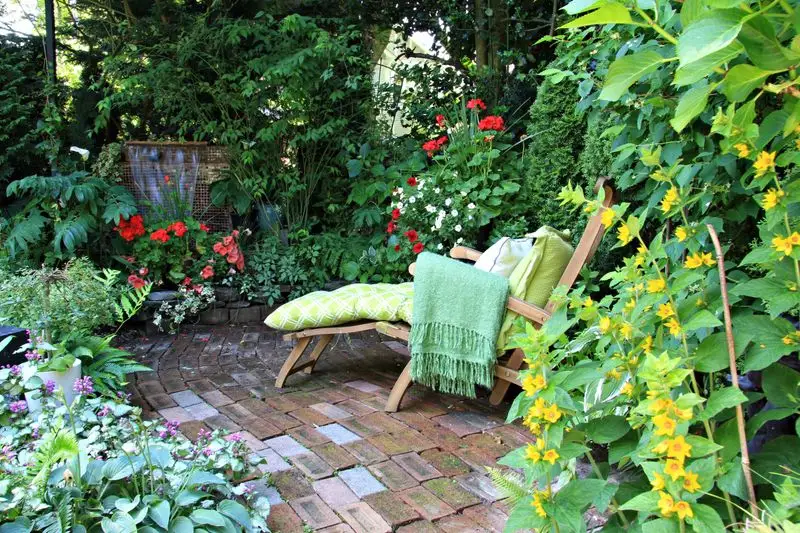
In small spaces, utilizing vertical areas can maximize your planting options. Forgetting to use vertical space can limit your garden’s potential. Consider wall planters, trellises, and vertical gardens to expand your growing area. These solutions not only increase planting space but also add visual interest. Strategic vertical gardening can transform a small space into a lush, multi-dimensional garden.
Plant Without a Plan
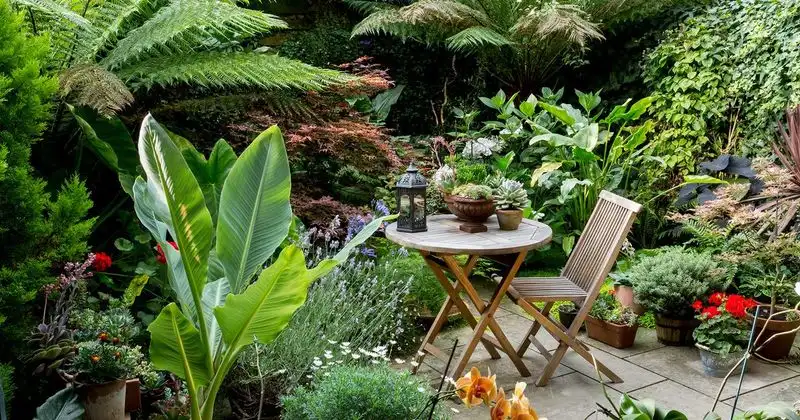
Gardens without a proper plan can quickly become messy and unappealing. Take time to design your garden layout, considering plant sizes, colors, and seasonal changes. Planning helps create a cohesive and attractive garden year-round. A thoughtful design ensures each plant complements others, enhancing the overall aesthetic. A well-planned garden is easier to maintain and more enjoyable.
Overlook Drainage Needs
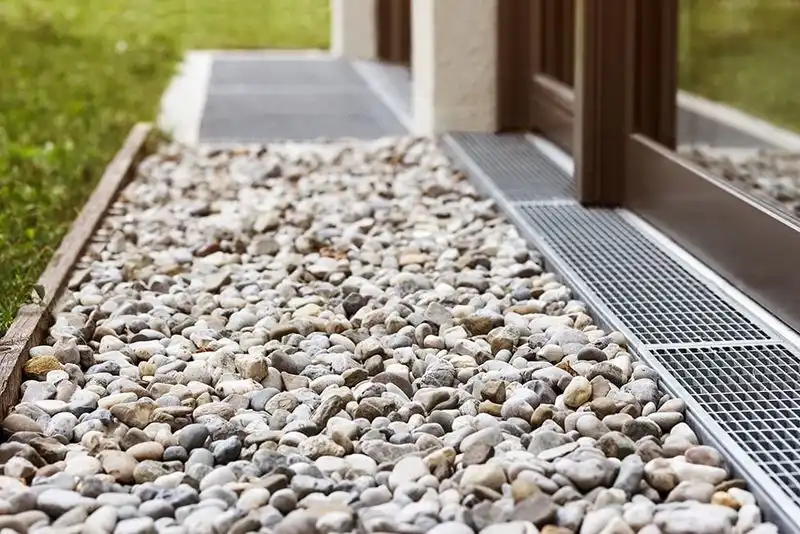
Proper drainage is crucial for plant health. Overlooking drainage needs can result in waterlogged soil, leading to root rot and plant stress. Ensure your garden has adequate drainage by incorporating raised beds or choosing well-draining soil. Regularly check for drainage issues, especially after heavy rains. Good drainage will keep your plants healthy and your garden thriving.
Neglect Seasonal Changes
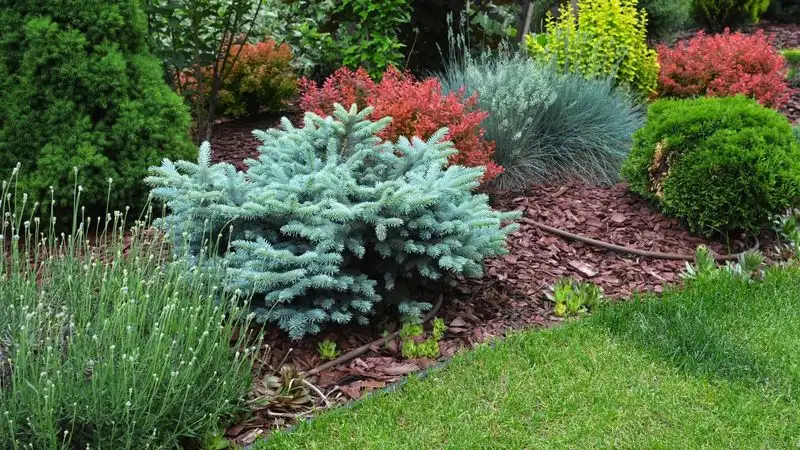
Ignoring seasonal changes can leave your garden barren during certain times of the year. Plan for year-round interest by incorporating plants that bloom in different seasons. This ensures your garden remains vibrant and inviting. Seasonal planning also supports local wildlife by providing continuous food and habitat. A diverse, well-timed planting strategy keeps your garden lively no matter the season.
Underestimate Maintenance
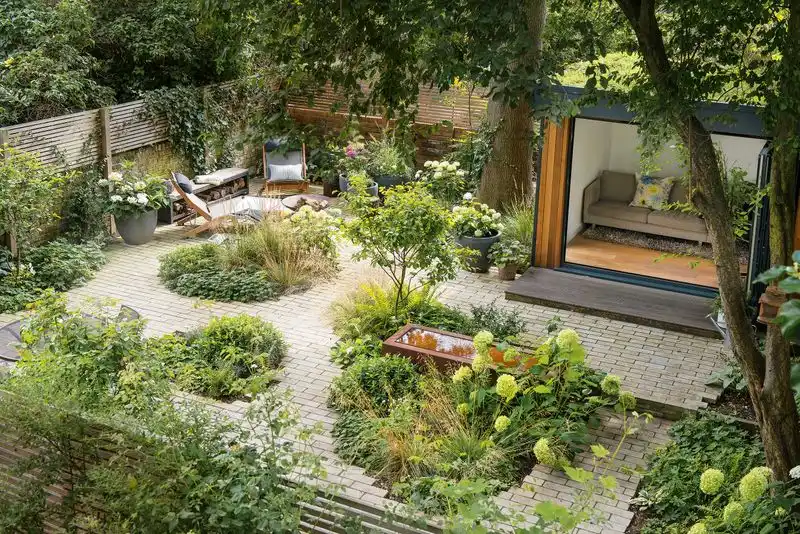
Small gardens can be deceptively high-maintenance. Underestimating the care required can lead to a neglected space. Regular tasks like weeding, pruning, and watering are essential to maintain plant health and aesthetics. Set a consistent maintenance schedule to keep your garden in top shape. This approach ensures your garden remains a beautiful, welcoming space throughout the year.
Disregard Plant Compatibility
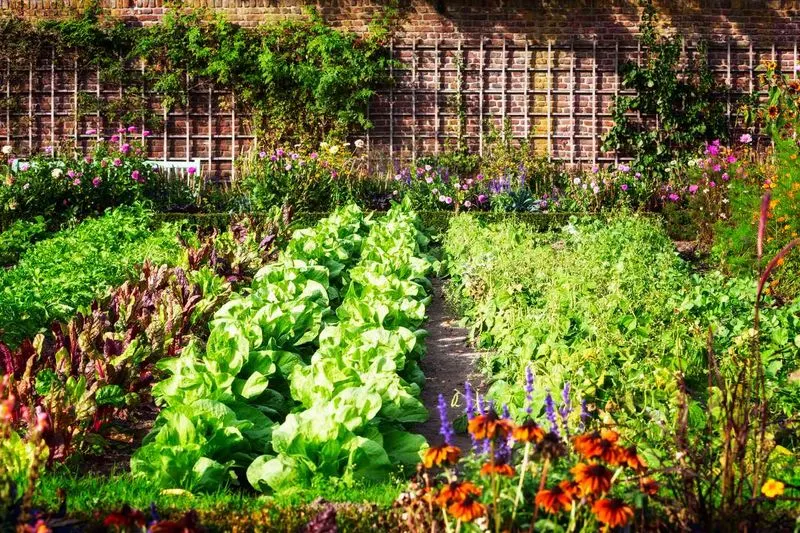
Combining incompatible plants can result in poor growth and increased disease susceptibility. Plants have different needs and can compete for resources if not well-matched. Research compatibility based on sunlight, water, and soil needs. Companion planting can improve growth and repel pests naturally. Thoughtful combinations create a harmonious and thriving garden environment.
Forget About Wildlife
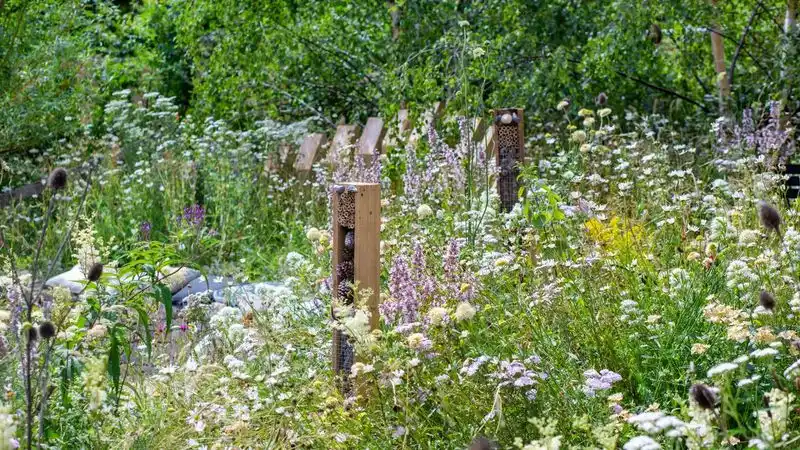
Gardens are vital habitats for various wildlife. Forgetting to include elements that attract beneficial insects and birds can limit your garden’s ecological benefits. Incorporate native plants, water features, and shelter to invite wildlife. A garden that supports biodiversity will flourish more naturally and sustainably. Enjoy the added beauty and activity that wildlife brings to your garden.
Overuse Chemicals

Excessive chemical use can harm beneficial insects and the broader ecosystem. It’s tempting to rely on quick fixes for pests and diseases, but these can have long-term negative effects. Opt for organic or natural solutions to address garden challenges. Companion planting and natural predators like ladybugs can manage pests effectively. This approach promotes a healthier garden and environment.
Ignore Personal Style
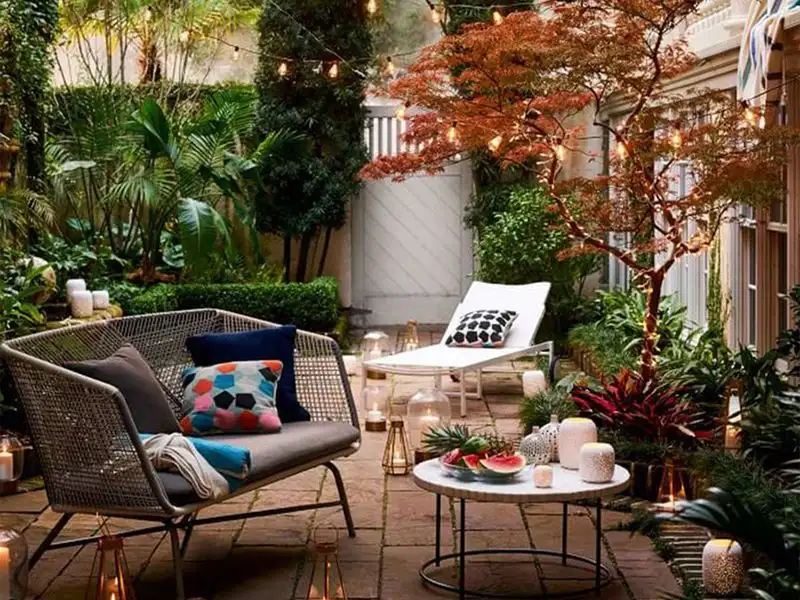
Your garden should be a reflection of your personality and style. Ignoring this aspect can lead to a space that feels impersonal or mismatched. Incorporate elements that resonate with you, from plant choices to decorative features. A garden that reflects your personal taste will be more enjoyable and meaningful. Let your creativity shine to create a truly unique and personal garden space.

